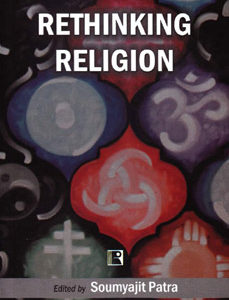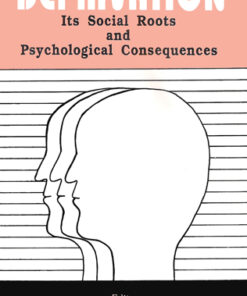LUDWIG WITTGENSTEIN: Ethics and Religion
₹1,100.00 Original price was: ₹1,100.00.₹880.00Current price is: ₹880.00.
25 in stock
This is a critical exposition of multiple facets of Ludwig Wittgenstein’s thoughts on ethics and religion. First, it brings out foundations of Wittgenstein’s views on ethics and religion. Then, it deals with various issues of current debates in the philosophy of Wittgenstein, such as notion of transcendental ethics, dichotomy between fact and value, distinction between religious and superstitious beliefs, notion of happiness and human being, discussions on Fideism, whether Wittgenstein’s methodology was Christian or Jew, Wittgenstein’s religious thoughts in the context of logical positivism and Habermas.
It is useful not only for students of Philosophy and Theology but also for a lay reader who is interested in an in-depth analysis of the realm of meta-ethics and religious philosophy of language.
| Author's Name | |
|---|---|
| Binding | |
| Release Year | |
| Language | |
| Publisher |
Related products
Philosophy
Philosophy
Philosophy
Philosophy
Historical-Developmental Study of Classical Indian Philosophy of Morals (Vol. XII Part 2) (A)
Philosophy










